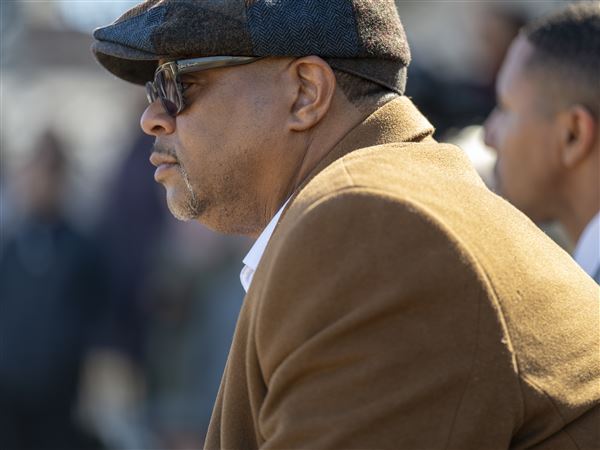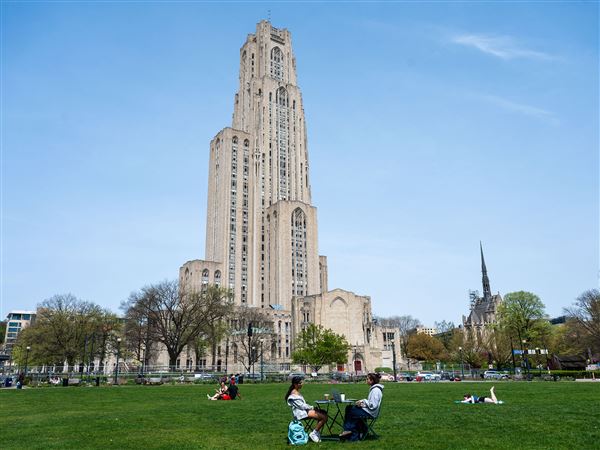Want to negotiate your salary but don’t know where to start?
There’s a training for that.
Pittsburgh’s Gender Equity Commission and the city’s Office of Equity launched a partnership last year with the American Association of University Women, a nonprofit based in Washington, D.C., that works to advance equity for women and girls through research and advocacy. Since March 2021, that partnership has provided free training to help women negotiate their salary and benefits, part of a larger goal to close the gender pay gap.
City Council voted Monday to authorize more funding for the initiative, increasing the city’s contribution from roughly $40,000 in 2020 to more than $103,000 over the next few years. The resolution committed about $15,000 annually through 2024.
Nationally, women who work full time make about 83 cents for every dollar men earn. In Pittsburgh, that drops to 54 cents for Black women.
“At this point in 2021, it’s indisputable that the pay gap is real,” said Gloria Blackwell, the chief executive officer for AAUW. “We have more than a decade of research about it. It starts right after graduation, the first job for women, and it follows them into retirement.”
Through the partnership, AAUW offers a one-hour training that focuses on helping participants establish a target salary and then work on negotiation strategies to reach it.
That can include making sure that the first time a participant hears a question about salary isn’t during the interview or learning questions that employers shouldn’t be asking — and how to deflect if they do.
Not only does it teach people how to do the research to learn about what the wages for the position being applied for look like in a city or region, it also does so through the lens of closing the gender gap, said Amanda Neatrour, the chair of the Gender Equity Commission.
“It gives people the tools they need to be able to advocate for themselves and better prepare for those conversations.”
The training is free and open to any individual. It focuses on women but it also available to men and people who are non-binary, Ms. Gladwell said.
Pittsburgh’s Gender Equity Commission set a goal to reach 7,500 women in the city by 2026.
Between March and December, roughly 110 people participated in a training session, said Janet Manuel, who helped get the partnership started and serves as director for the city’s Human Resources and Civil Service Department.
In 2019, men in Pennsylvania made about $55,000 on average. Women, comparatively, made about $43,000, according to data from the American Association of University Women. That equals an earnings ratio of 79%.
Nationally, that ratio is the same for white women compared to white men. Black women are paid about 63% compared to white men while Hispanic women are paid about 55%.
Pennsylvania is ranked 32nd in the nation for its pay ratio.
Vermont, ranked number one, has a pay ratio of 91%. Wyoming, ranked 50th, has a ratio of 65%.
Pittsburgh’s Gender Equity Commission has a three-pronged approach to pay equity, Ms. Manuel said.
The first was training. The second, which will start in 2022, involves getting employers on board to share things like salary information and employee demographic data. The third will focus on policy changes, like strengthening paid sick leave, banning questions about prior salary history, and requiring pay transparency.
“Local government can start this conversation and initiate the work, but for us to really close the pay gap in greater Pittsburgh, it’s going to take more than just local government,” Ms. Manuel said. “It’s going to take us partnering with those other private-sector companies as well as, whether they’re for-profit or nonprofit, organizations.”
“We can’t afford to lose focus on the inequity of pay that women have faced,” she said.
Lauren Rosenblatt: lrosenblatt@post-gazette.com, 412-263-1565.
First Published: December 27, 2021, 10:45 a.m.
















